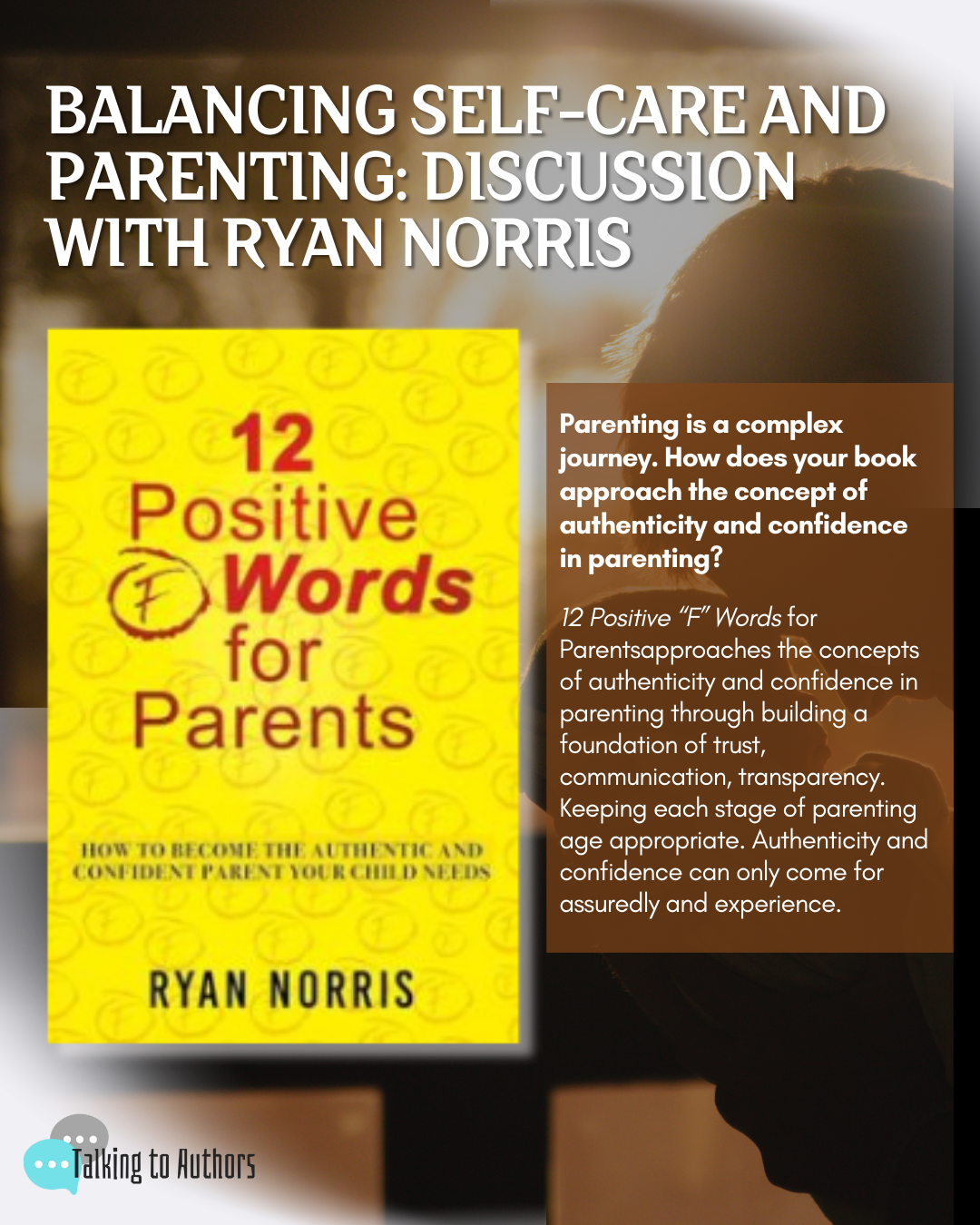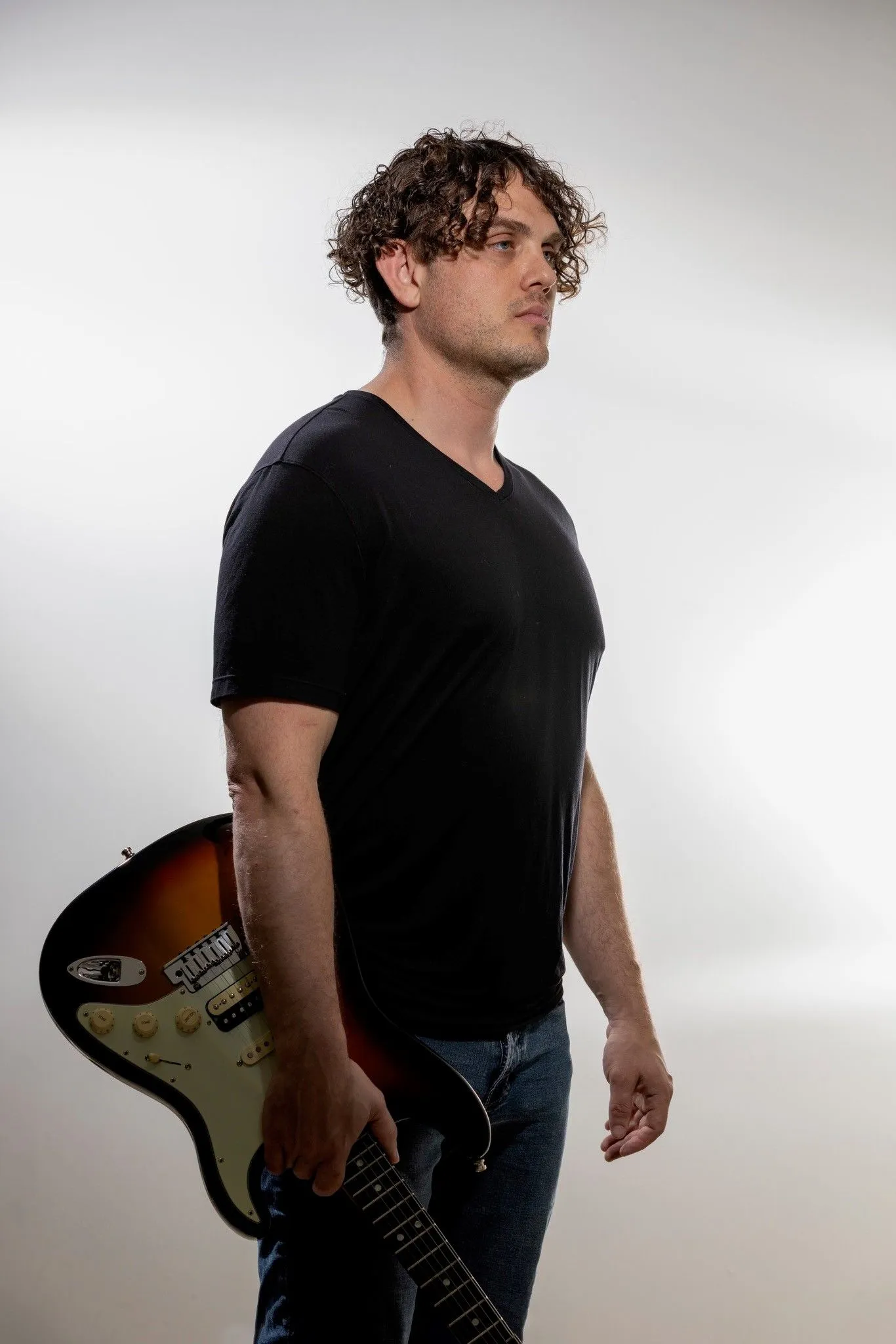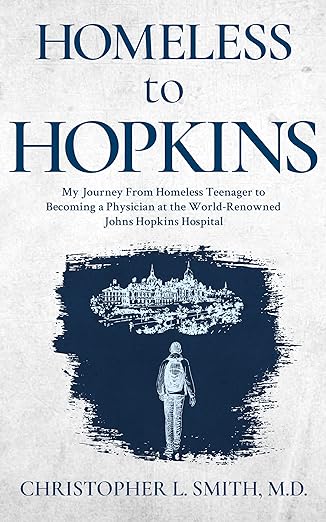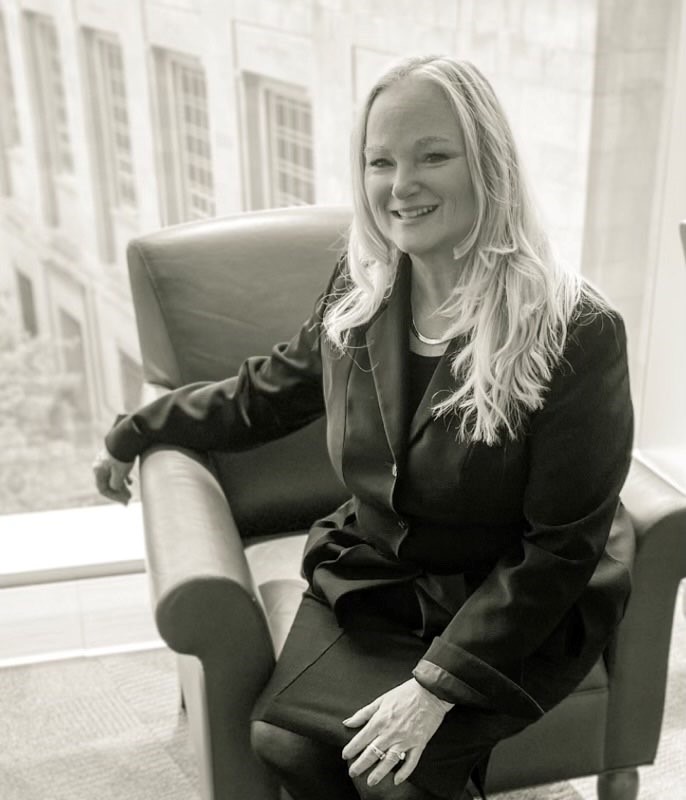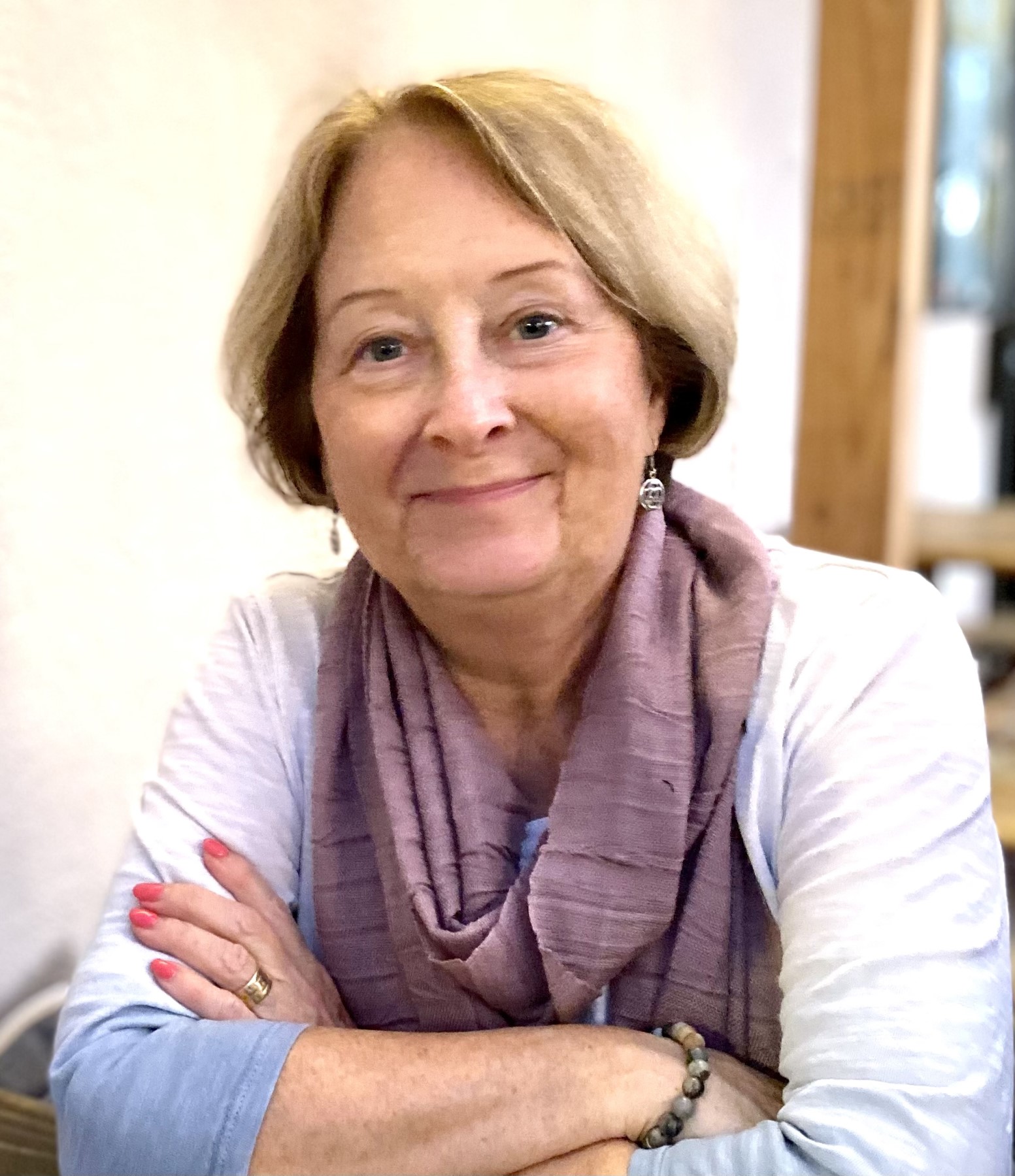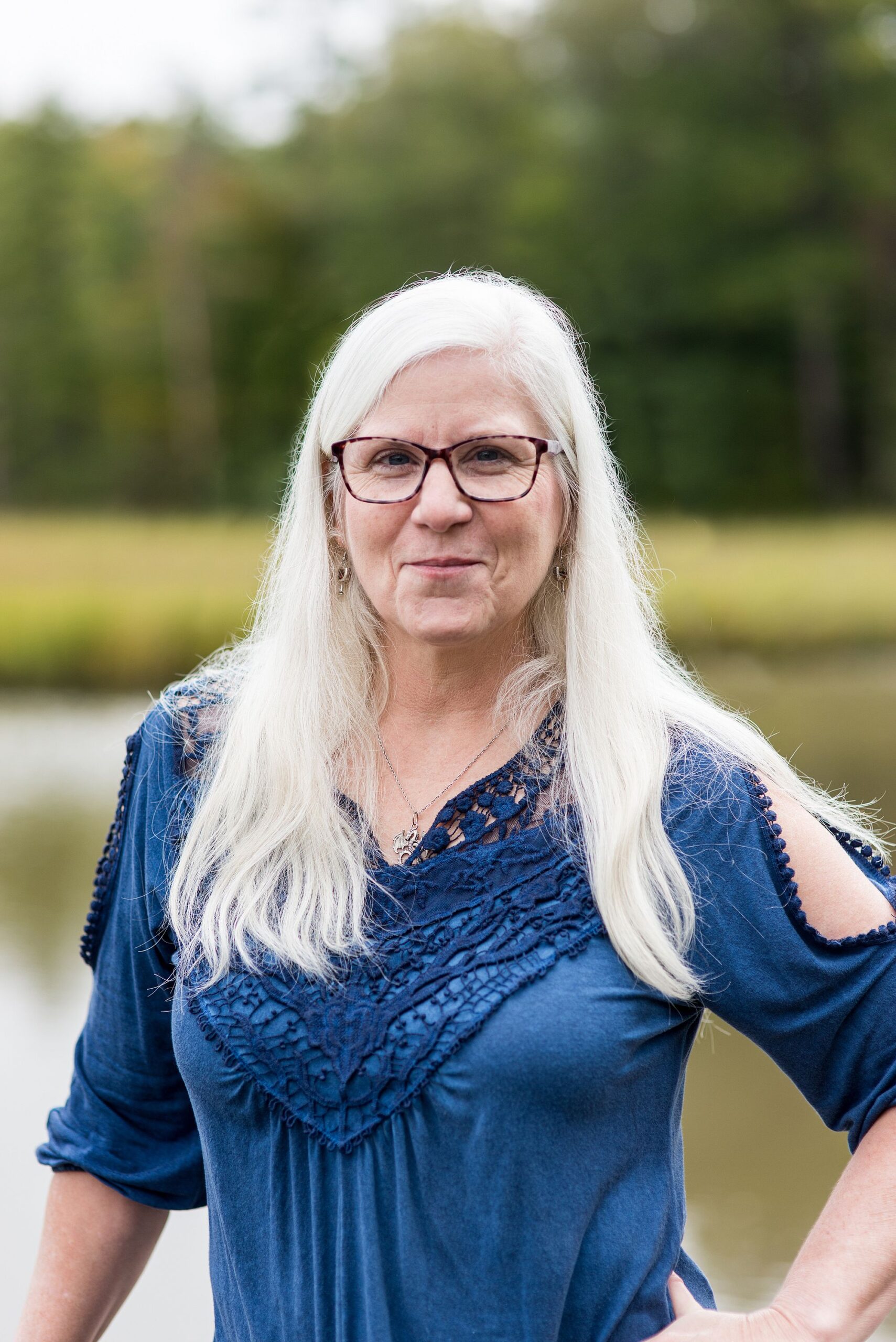12 Positive “F” Words for Parents illuminates the path towards personal growth and understanding. As we sit down with Ryan, we’re eager to delve into the depths of his insights, to understand the driving force behind his book, and to grasp the profound impact it holds for parents seeking to cultivate stronger family dynamics and a more purposeful life. Join us as we unravel the layers of wisdom and empowerment within Ryan Norris’s compelling narrative.
Can you provide an overview of your book 12 positive “F” words for parents: How To Become The Authentic and Confident Parent Your Child Needs? What motivated you to write on this particular topic?
12 Positive “F” Words for Parents is an amazing book that helps parents discover their identity personally, relationally, and parentally. This book will help parents build confidence in themselves, their children, and spouse so that they can have healthy, happy, and successful lifelong relationships with one another. It will teach parents how to create an environment that will encourage and strengthen who they are at the core, in turn helping their children find their identity and purpose. A child’s identity must be respected, recognized, and nurtured. Being a parent is one of the most difficult roles in the world. There truly is no other job like it. With the immense responsibility parents face, it can sometimes feel overwhelming.
What are some strategies for parents to maintain their personal well-being while being engaged and authentic caregivers for their children?
Self-care is so important as a parent. Like flying in a plane, the rule for when the oxygen mask falls: put your mask on regardless of the person next to you. Even if that person is your child. My book speaks about this fundamentally. Put your mask on first and then help those to your left and right. As parents we can’t take care of our children efficiently if our life isn’t taken care of. Without self-care, we become impatient, snap for little to no reason, and become bitter. Implementing certain things like alone time is important, even if just for 30 minutes. This allows a sense of individuality and time away from the kids for the parents.
Parenting is a complex journey. How does your book approach the concept of authenticity and confidence in parenting?
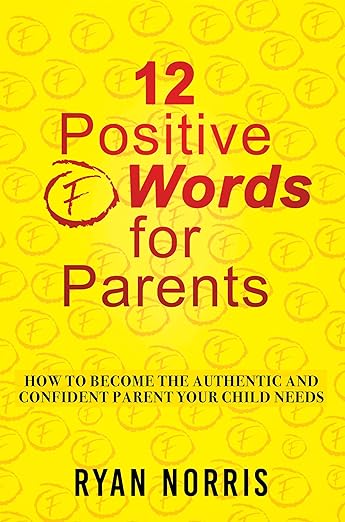 12 Positive “F” Words for Parents approaches the concepts of authenticity and confidence in parenting through building a foundation of trust, communication, transparency. Keeping each stage of parenting age appropriate. Authenticity and confidence can only come for assuredly and experience. We must be sure of who we are and why we are guiding our children the way is are. If we are not it will bring confusing and discontentment to our children. When our children are confused they will act out and misbehave because their brains are not trained. Parents must train their children.
12 Positive “F” Words for Parents approaches the concepts of authenticity and confidence in parenting through building a foundation of trust, communication, transparency. Keeping each stage of parenting age appropriate. Authenticity and confidence can only come for assuredly and experience. We must be sure of who we are and why we are guiding our children the way is are. If we are not it will bring confusing and discontentment to our children. When our children are confused they will act out and misbehave because their brains are not trained. Parents must train their children.
Authenticity can mean different things to different people. In the context of parenting, how would you define being an authentic parent?
Being an authentic parent is showing your children your success with your failures. Not hiding your wrong because you can. For example, lying to your kids about simple things. Justifying inappropriate behaviors. Authenticity comes when we are real with ourselves and those around us. Confronting our struggles and praising our success. This is how a parent can remain authentic with their children. Let them know about your mistakes and how you intend on correcting them. Talk with your children about when they make mistakes and hold them accountable to fix them.
Confidence is often challenged by the uncertainties of parenting. How can parents cultivate and maintain confidence in their parenting approach?
Confidence is another word for self-assurance. When we know we are honoring, uplifting and training our children, we gain confidence. The more we practice the more we learn. Children see confidence as consistency over time. When they can depend on a certain outcome for a certain action they gain confidence. If we as parents keep changing the rules and raising the bar of expectation we deplete their confidence. We need to do the same thing for ourselves as parents. Stay consistent, create routine of dependability in order to raise the confidence level.
Could you share a key insight from your book that can help parents bridge the gap between their authentic selves and the idealized image of a parent they may hold?
A key insight from my boo that can help parents bridge the gap between their authentic selves and the idealized image they may hold would be to measure yourself against a “fantastic” parent. When we talk about Fantastic parenting it’s NOT perfect parents. It’s parents that create a safe space. Parents that allow for mistakes to take place and provide grace, mercy, and love for their children. Understanding that their children are maturing, developing, and learning just like we had to growing up.
Many parents struggle with finding a balance between their own needs and those of their children. How does your book address this balance in the journey toward authenticity and confidence?
The balance between parental needs and children needs, need to be measured in the area of importance. As parents we must prioritize our time. Are we spending time to support, train, correct, learn, and grow? Are the personal needs priority? Is the need about survival? For example, do we choose to make dinner or respond to a Facebook post, which should take priority? Are we getting angry for the right reason or are we being selfish? The balance comes when we serve our family with honor and respect. My book guides parents on dealing with fear, selfishness, and uplifting others. Addressing our emotions and feelings helps us create a balanced foundation for our children.
Vulnerability is a part of authenticity. How can parents embrace vulnerability while maintaining their role as caregivers and guides?
I think in order to be a positive caregiver a certain vulnerability is needed. I believe you there is no authenticity without vulnerability. As a caregiver providing the example of what it is like to be vulnerable helps children identify areas where they can be vulnerable. For example, if your child hurts themselves, a way to be vulnerable is to tell them a story how you were hurt one time and how you connect and understand what they are going through. As a guide you train their behavior. When they react in a way that you don’t want you provide an example of how you reacted inappropriately and how it turned out. Then provide an example of how you acted differently, and the response was favorable. Vulnerability is all about transparency and empathy. If a parent can empathize and connect with their child and the child receives the parent’s empathy then the relationship will flourish. If the parents do not connect or empathize the child will grow distant and emotionally stressed eventually struggling to read and convey appropriately their feelings and emotions. So, encourage, connect and share your stories with your children.
Society and cultural norms can influence parenting styles. How do you suggest parents navigate societal expectations while staying true to their authentic parenting style?
I know this answer is going to seem extreme but it’s true, societal expectations should not be a part of parenting. We see this in our culture today. Many parents have tried to “fit in” with their parenting style. Some by not disciplining, some by being overly permissive, and some by allowing the child to run the family. None of these are acceptable if we desire a respectful, hierarchical, parent-child relationship. An authentic parent leaves societal expectations out of their parenting. This is done because all children are unique and different. They may fit in some stereo types, but each child has their unique individuality. If we compare ourselves to societal expectations we are doing a disservice to our children and their future. For my family we are counterculture because we parent through faith, obedience to our heavenly father. The world calls us crazy and cult leaders but I say we set boundaries, remain transparent, respect, love, communicate, and esteem one another in our house to the glory of God. When we mess up we ask to apologize and ask for forgiveness, again setting the example for how to have healthy conflict inside relationships. We must be the example if we follow society we are not the example we are sheep. We’re parents we need to be LIONS!
Can you provide a practical example or exercise from your book that can help parents begin their journey towards becoming the authentic and confident parent their child needs?
Of course, parents should take time every day to communicate with each child on an individual level. Remember as parents especially when our children are under 10 years old, they look up to us as heroes. Typically, not always. Even if you have older children taking the time to truly listen and not supply; shoulda, woulda, coulda’s. I mean really listen to what they are saying, how are they saying it, what is their body position of saying. Don’t respond quickly wait for them to ask you to respond. I struggle with interrupting my children that is the worst thing you can do because it diminishes their topic. It makes them feel like you’re listening to answer and not listening to support them. Love them, listen with our providing solutions just empathy and support. Distinguish between is this a listen and support moment or is this a parenting moment. Not every conversation has to be parent to child. It can just be two people talking. My practical example would be to set up a foundation of fellowship that is forthright, faithful, forgiving, and freeing for you and the child.
Parenting often involves challenges and uncertainties. How can the principles you discuss in your book help parents navigate difficult situations while staying true to themselves?
The principles I discuss in my book help parents navigate difficult situations while staying true to themselves through building and strengthens their personal identity. In 12 Positive F Words for Parents, I don’t just discuss parenting. I discuss personal identity and what our mission in life is. This book helps people understand some of the most asked existential questions in life. When we understand life’s mission and our reason for being on earth we become confident in ourselves. Navigating difficult situations is normal but 12 Positive F Words for Parents helps you navigate these situations with confidence and clarity.
Confidence can waver in the face of criticism or self-doubt. How can parents build resilience and self-assuredness in their parenting choices?
Parents build resilience and self-assuredness of their parenting choices after seeing success. If a parent doubts themselves there may be a reason. If we ever have self-doubt we should always take a step back and look for counsel, question others, seek outside wisdom for our doubts. When the F words inside the 12 Positive F Words for Parents are followed as parents we build our self-confidence and assuredness. The principles in this book challenge the status quo and provide a new perspective for parents.
Every parent’s journey is unique. Do you believe that there’s a universal roadmap to becoming the authentic and confident parent, or does it vary from person to person?
Every parent is different just like every child is different. There is no universal roadmap to parenting. The only universal aspect of parenting is our compassion, love, desire for better, and zeal for our children. Each parent has a different level of confidence and authenticity they are comfortable with. Reading the 12 Positive F Words for Parents will help parents understand how to convey their level of authenticity and confidence.
As a parent and an author, what have been some of the most impactful lessons you’ve learned on your own journey toward authenticity and confidence in parenting?
Some of the most impactful lessons I have learned have been to be patient to listen to my children even when I’m upset or confused with the behavior of my children. Patience, softness, compassion, and mercy will make all the difference in our parenting skills. As a parent of 3 I understand how each child communicates differently. Understanding and knowing how to differentiate each child’s expression of concern, anxiety, and stress will help guide how we respond with our boundaries, expectations and fellowship.
What do you hope readers will take away from your book? Are there any specific changes in perspective or behavior you hope they’ll adopt as a result of reading it?
Yes, I hope my readers will take away security, understanding, support, and encouragement from my book. Inside the 12 Positive F Words for Parents, I discuss a purpose that is bigger than us. Bigger than the parenting concept and our small familial dreams and legacy. We are all part of a bigger purpose. When we learn how to play our role and teach our children to participate in theirs we will become Fantastic parents.
Finally, can you offer a glimpse into any future projects or books you might be working on in the realm of parenting or personal development?
My next move is creating a class and retreat for parents to get away rekindle their time for their partners and children. My wife and I have bought some land and are attempting to build a retreat center for parents to come and relax, learn new skills and shed the stress of everyday life. These parents will be waited on, pampered, and cared for to rebuild their strength and restore their individuality and identity.

